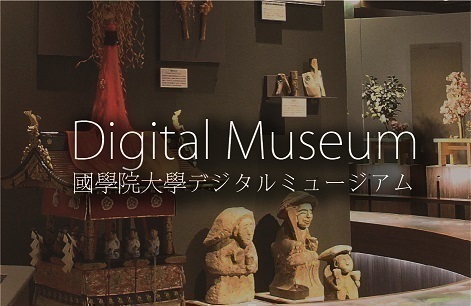- トップ
- Encyclopedia of Shinto
- Kada no Arimaro
Encyclopedia of Shinto
| Main Menu: | |
| Links: |
詳細表示 (Complete Article)
| カテゴリー1: | 8. Schools, Groups, and Personalities |
|---|---|
| カテゴリー2: | Personalities |
| Title | Kada no Arimaro |
| Text | (176-51) Scholar of philological "evidential learning" (kōshōgaku) in the mid-Edo period. Born in 1706 in Kyoto, Arimaro was adopted together with his younger sister Tamiko by his uncle Kada no Azumamaro (1669-1736), who was then residing in Edo. Though suffering from chronic illness, he aided his uncle in compiling ancient documents for the eighth Shogun Tokugawa Yoshimune(1684-1751). After Azumamaro's death in 1736, Arimaro was active as head of the family's tradition of learning in rules of ceremony and etiquette, and matters related to the ancient Ritsuryō legal codes. In response to an order from the shogunate, he returned to Kyoto to undertake historical research on the ceremony of Imperial accession (daijōe). The publication of works such as his Daijōe benmō (Illuminating the Accession Ceremony), however, attracted the suspicions of court aristocrats, and Arimaro was sentenced to one hundred days of house arrest. Until 1747, Arimaro also served Tayasu Munetake (1715-71), second son of Shogun Yoshimune. Beginning with Arimaro's Kokka hachiron, a debate emerged between Kada no Arimaro, Tayasu, and Kamo no Mabuchi (1697-1769) regarding the relationship between Japanese poetry (waka) and morality, and over theories regarding whether the most significant part of a poem is its contents or the aesthetics of its style. Arimaro died in Edo on the fourth day of the eighth month of 1751 at the age of forty-six. He was also the author of Daijōe zushiki and Honchō seido ryakkō, among other works. - Mori Mizue |




